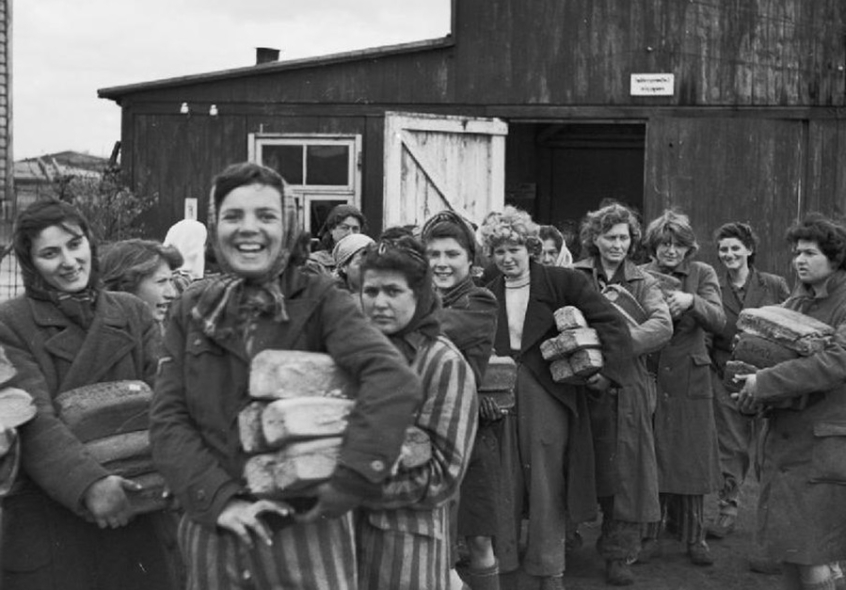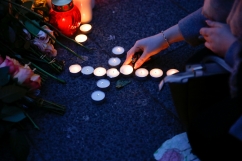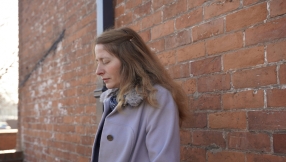
She survived it all: three death camps, numerous brushes with death, untold suffering and misery.
Now at the age of 90, Magda Herzberger has come out to testify how she was blessed to have found God's strength to hang on to life, according to God Reports.
"God had a purpose to save me to tell my story," said Herzberger, a poet, lecturer, composer and author of four books. For the past 41 years, she has lectured at schools and churches and made various media appearances.
During the last days of World War II in 1945, she was on the brink of death, lying in a pile of corpses at the notorious Bergen-Belsen Nazi concentration camp in Germany when a British soldier found her and saved her.
In her autobiographical book titled "Survival," Herzberger wrote that she was only in fourth grade when "bad things" started happening in her native city of Cluj in Romania.
When German troops entered Romania in 1944, she, her family and other Jews were taken aboard vehicles headed for the notorious Nazi concentration camp in Auschwitz, Poland where more than a million children, elderly, pregnant women, invalids and mentally disturbed were eventually slaughtered in gas chambers.
Herzberger, who was 17 at that time, was held in a barracks housing 500 other women. Despite the incredible hardships she faced, Herzberger said many of her prayers were answered—small miracles by God that kept her alive.
After seven weeks, Herzberger was transferred to a second work camp outside the city of Bremen in Germany. She was among 500 young women selected as slave labourers tasked to clear the streets of rubble and retrieve bodies of people killed in airstrikes by Allied forces.
There, Herzberger endured harsh working conditions, frigid temperatures, and lack of nutrition.
The Germans later decided to transfer their Jewish labourers to Bergen Belsen because Allied forces were closing in on Bremen. Barely alive, Herzberger and her comrades were forced to take a three-day trek on foot.
"Whoever couldn't march anymore was shot," she said.
Finally they reached the notorious Bergen Belsen, which was described then as "a living hell-on-earth."
"The camp was littered with corpses in all stages of decay," Herzberger recalled in the book. "The barracks were filled with rats, lice and dead bodies. The prisoners were so weak in the barracks from starvation they couldn't carry out their dead. The prisoners looked like walking skeletons," she said.
Typhus, dysentery and tuberculosis swept the camp, killing untold number of prisoners. To avoid getting the killer diseases, Herzberger slept outdoors on the ground, even if it meant sleeping next to rotting corpses.
On her third week at Bergen Belsen, she collapsed on the ground with piles of corpses all around her. At that time, she said she couldn't feel hunger or thirst anymore as she closed her eyes, ready to meet death.
But God did not allow that to happen. Right at that moment, British troops captured and entered the camp, rescuing those who were still alive, Herzberger among them.
"I was lying helplessly among the corpses, and I couldn't speak or move," she recalled. "How fortunate this soldier came to this pile of corpses," she said. "Don't you think it was God's will to save me?"
Herzberger said God has been with her up to now, helping her survive. "He will not desert me," she told her friends.


















